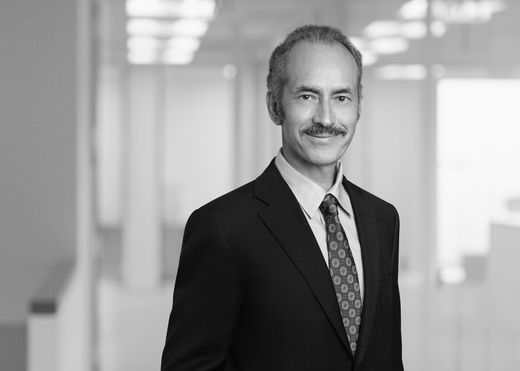Robert Salcido and Terence Lynam Speak with Am Law for Q&A on the Future of FCA Litigation

Contact:
Terence Lynam and Robert Salcido, partners in the litigation and health practices, respectively, at Akin Gump, were featured by The American Lawyer in “False Claims Act at a Crossroads: Q&A With Akin Gump Trial Team.” The two discussed recent trends in False Claims Act (FCA) cases, in which some decisions have been reversed and, in other instances, the government has declined to intervene on behalf of whistleblowers.
Salcido first talked about what might be behind the recent reversals, observing that the Supreme Court’s 2016 unanimous decision in Universal Health Services v. United States ex rel. Escobar showed that the FCA “is not an all-purpose, anti-fraud statute. It isn’t a vehicle to enforce garden-variety contractual and regulatory disputes.”
Salcido then discussed Akin Gump’s recent big FCA win in Florida where the trial court judge overruled a $347 million jury verdict as a matter of law. He noted that the judge “provided the relators with a basketful of warnings during the course of trial that [they] weren’t submitting sufficient evidence to get to a False Claims Act judgment. He even stated at the end of trial that their case was not close. … I think that’s what accounts for his judgment at the end of the day.” (To read more about this case, please click here).
Regarding new guidance from the Department of Justice on moving to dismiss meritless FCA cases, Salcido described it as a good first step, though noted that judges may still have some discretion on whether to allow a case to proceed. Still, he suggested that if certain FCA actions “continue to be marginal and meritless, recent verdicts and judgments might chill the relators’ behavior.”
Salcido described the law pertaining to FCA cases as “a unique, nuanced statute.” Lynam said he also finds it a very interesting area that is, “evolving with the Escobar decision, and it provides some areas to really develop a defense—it’s not an open and shut situation for companies that are facing these lawsuits.”
Other topics of covered in the Q&A included:
- Strategy at trial in FCA cases versus other litigation: Salcido said, “There’s a lot of continual maneuvering at trial” on the issue of why the government might not intervene in a particular case and what amount, if any, a relator will get at the end.
- Whether they handle more cases where the government declines to intervene: Salcido said, “About 50 percent of my litigated matters are against relators only, and the other 50 percent are against the government.” Lynam added that more and more, “you’re seeing the use of statistical sampling and extrapolation of damages to create very large potential recoveries,” which is attracting “some well-finance relators’ firms who are willing to incur the cost of the litigation and hire experts.”
- Whether relators winning at trial: Salcido said, “We’re still living in the aftermath of Escobar. Some of the cases that were settled for eight figures, nine figures five years ago may not be coming in at that dollar amount currently



